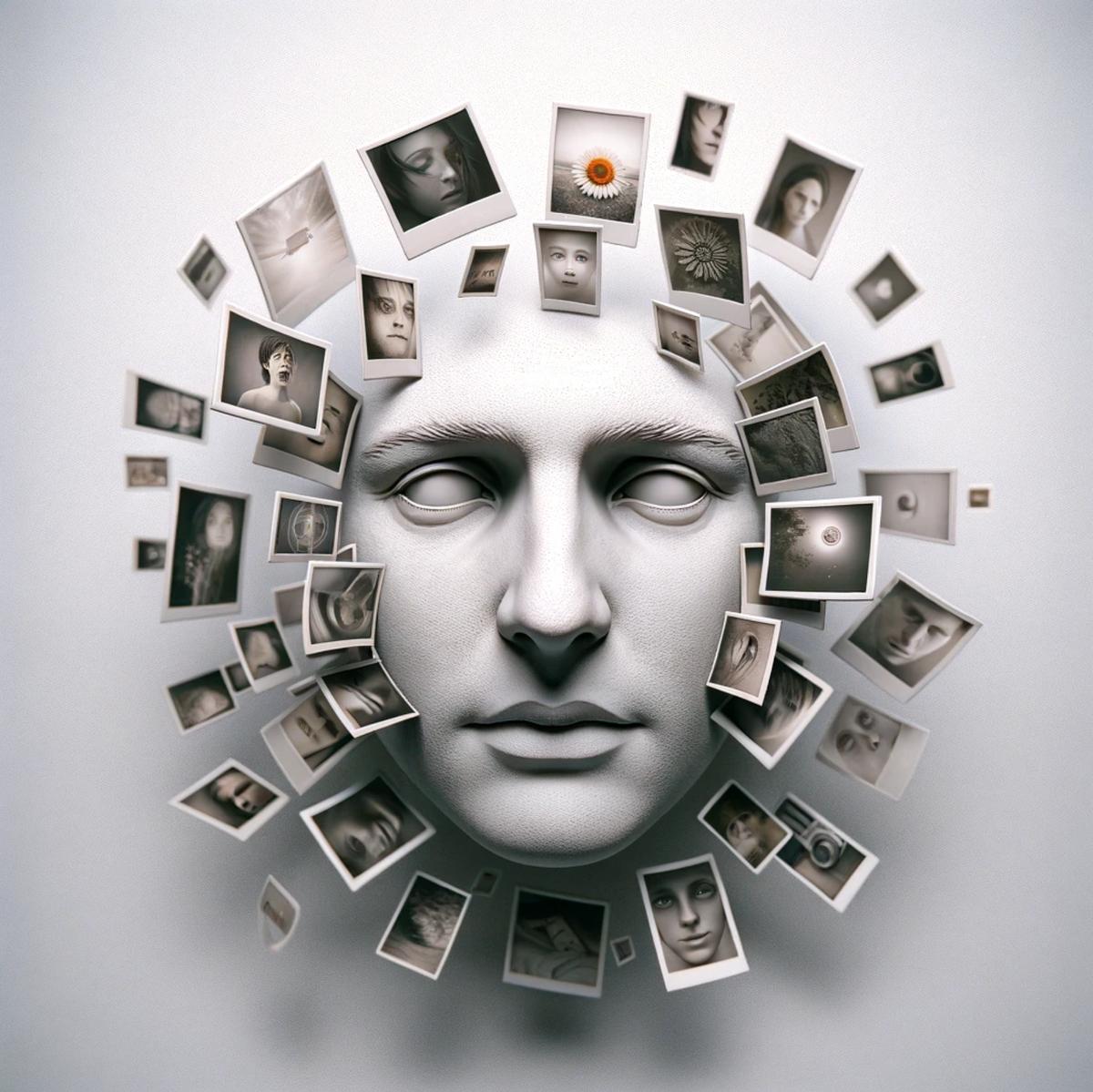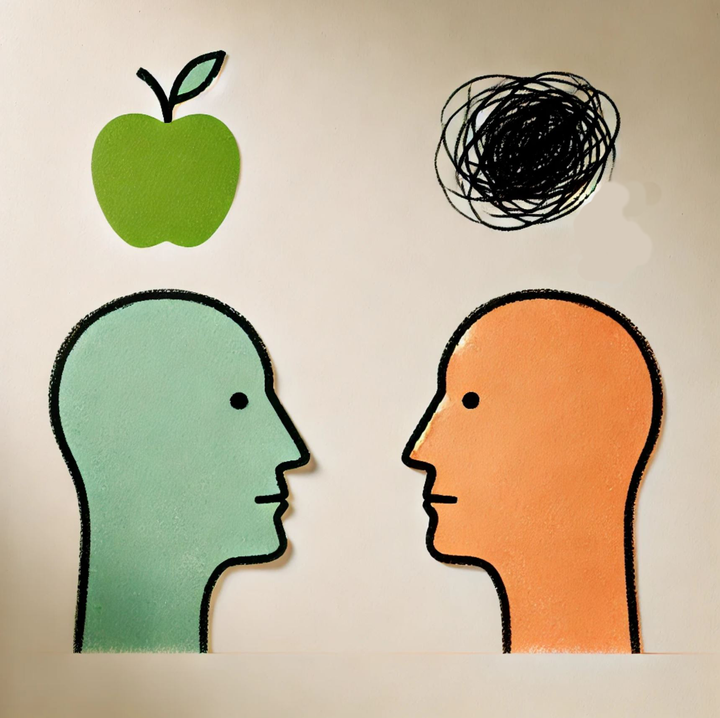Memories: Our Natural Time Travel Device

Why it matters: Ever had a smell, a sound or a sight transport you straight back to a specific moment from your past? That's your faculty of memory in action, showcasing its incredible ability to link the past and present seamlessly.
Dive in: The rock band The Flaming Lips once mused, “I see that time travel really does already exist… It exists within the power of our own minds.” It turns out they were onto something profound about how memory works. This idea is not just poetic but grounded in the science of how we remember and experience our past.
The backstory: Enter Endel Tulving, who challenged behaviorist theory and reshaped our understanding of memory by introducing distinctions between its types. He categorized it into episodic, about the events of our lives, and semantic, which involves facts and knowledge. His pivotal concept? Episodic memory acts as mental time travel.
What’s the big deal?: By proposing that memory goes beyond simple stimulus-response links, Tulving moved away from the mechanical simplicity of behaviorism. Remembering isn't just about pulling up facts. It's an immersive experience. Think about how a certain song can throw you back to your teenage years, emotions and all. That's episodic memory at work. It's a journey back in time, enabling us to re-experience moments that have shaped our present identity.
A small experiment: Can you recall waking up in the middle of the night in an unfamiliar bed, your first thought being, "Where am I?" Have you ever experienced this? The utility of episodic memory lies not only in accessing the past but also in shaping our core perception of present reality. It enables us to orient ourselves in time and space, often requiring us to draw on recent memories. We start asking ourselves questions. What is the last thing I remember? Perhaps you remember checking into a hotel a few hours earlier or what you did before going to bed. With that memory, the feeling of disorientation swiftly fades.
Consider this: Our mental life differs from our physical existence. It's not that they are separate entities, but their functions grant them distinct capabilities. We explore how episodic memory, a distinct mental faculty, empowers us to transcend the usual boundaries of past, present, and future—a capability beyond our physical selves, tethered as they are to time's linear progression from present to future. While we cannot physically return to the past, our memories appear to allow us such travel.
The takeaway: This subject offers fertile ground for further personal experiments. For instance, the next time you find yourself wondering, “Where am I?”, observe how you mentally travel back to the past to orient yourself in the present. Or, when a song, a smell, a sight, or a taste transports you, take a moment to become introspective and aware of the mechanics at play. Let’s value these mental journeys through time as integral parts of the human experience, which ultimately deepen our understanding of phenomenal consciousness— our first-person subjective experience of the world.


